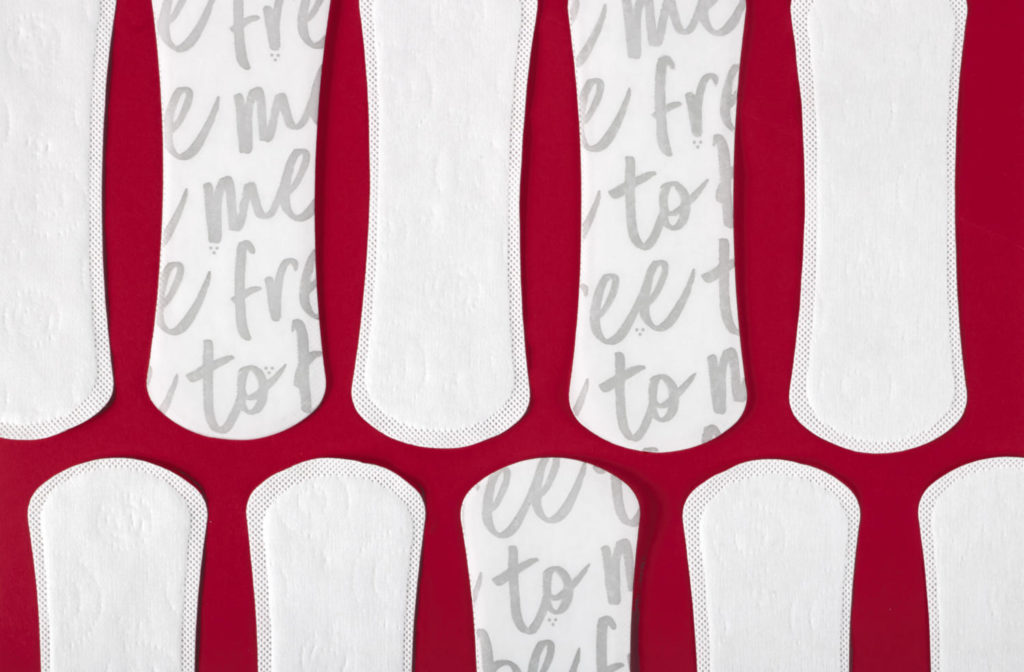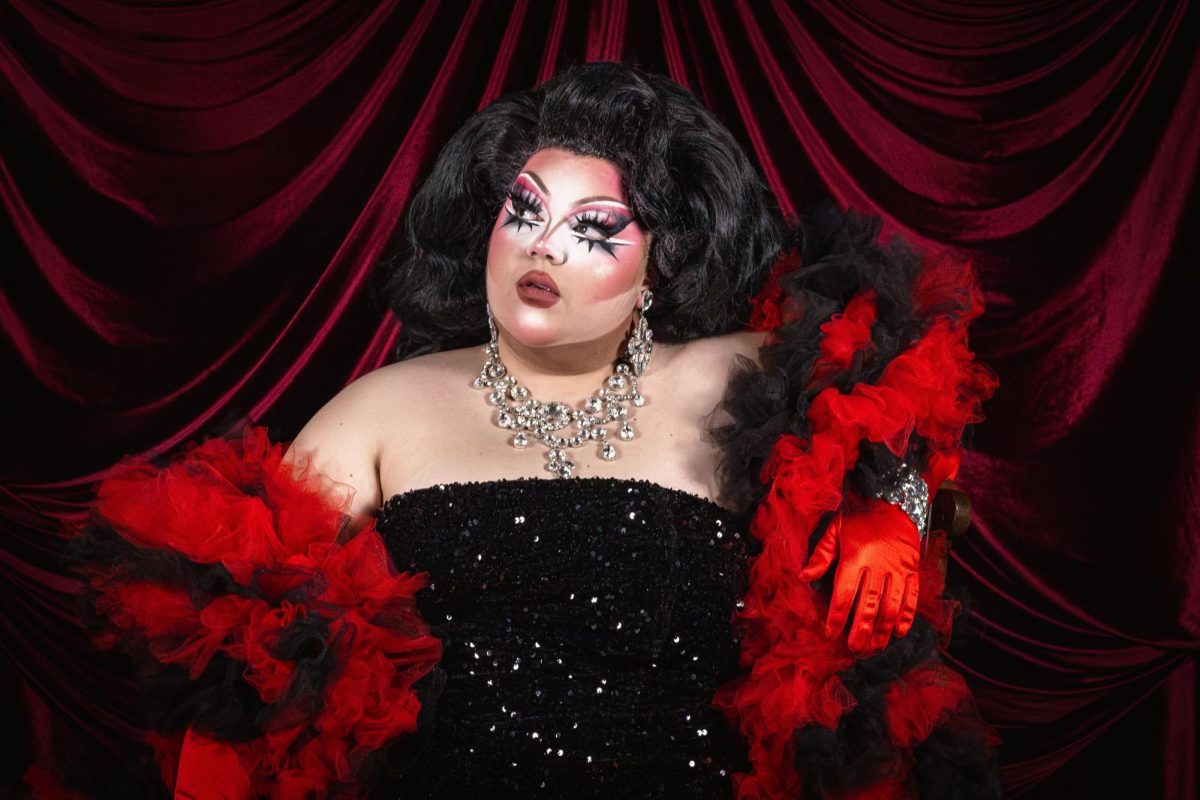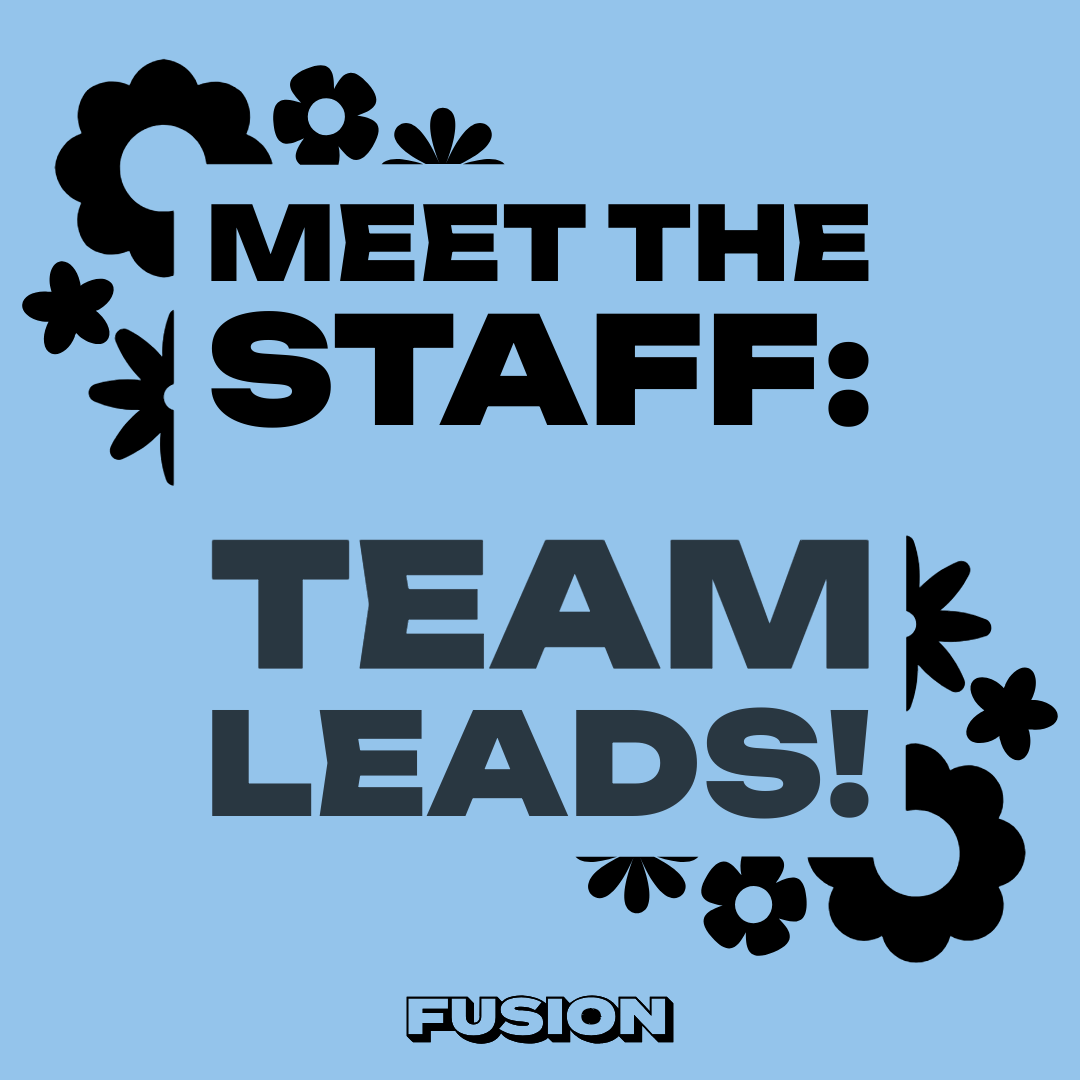
Not all people who menstruate are women, and not all women menstruate. Periods can cause gender dysphoria, or unease and distress regarding gender, in transgender and non-binary people who experience them. Period products are often only directed at people who were assigned female at birth, but in reality, the consumer umbrella is much wider than that.
Procter & Gamble took a step towards inclusivity by removing the Venus symbol from Always’ sanitary pad packaging. This symbol, which is historically used to represent the female sex, was removed in response to feedback from people who menstruate that do not identify as female.
However, Always still has their “Like a Girl” campaign, written on many of their packaging labels, continuing to push the word “girl” towards consumers. Procter & Gamble is slowly becoming more inclusive to their customers, but they still have a long way to go.
On the other hand, there are many brands that have already made progress toward menstrual-inclusivity. For example, companies like TomboyX, Lunette, and Aisle are all working towards sustainable, size-inclusive, and gender-neutral period products. These companies keep transgender and non-binary people in mind when marketing their products – acknowledging them as a valid group of people that deals with menstruation, rather than adhering to feminine-only language.
There are plenty of things we can do in the meantime to create a safer environment for transgender and non-binary people with periods. For example, bringing free pad and tampon dispensing stations in men’s bathrooms is a way to fight the stigma of period products being “only for women.” Speaking more openly about menstruation to friends and family causes the “taboo” to be broken.
Finally, using gender-inclusive language on a daily basis is the best way to support transgender and non-binary people, especially when referring to things related to menstruation. Keeping period products gender-neutral is just one small thing we can do to support this group of people.



































